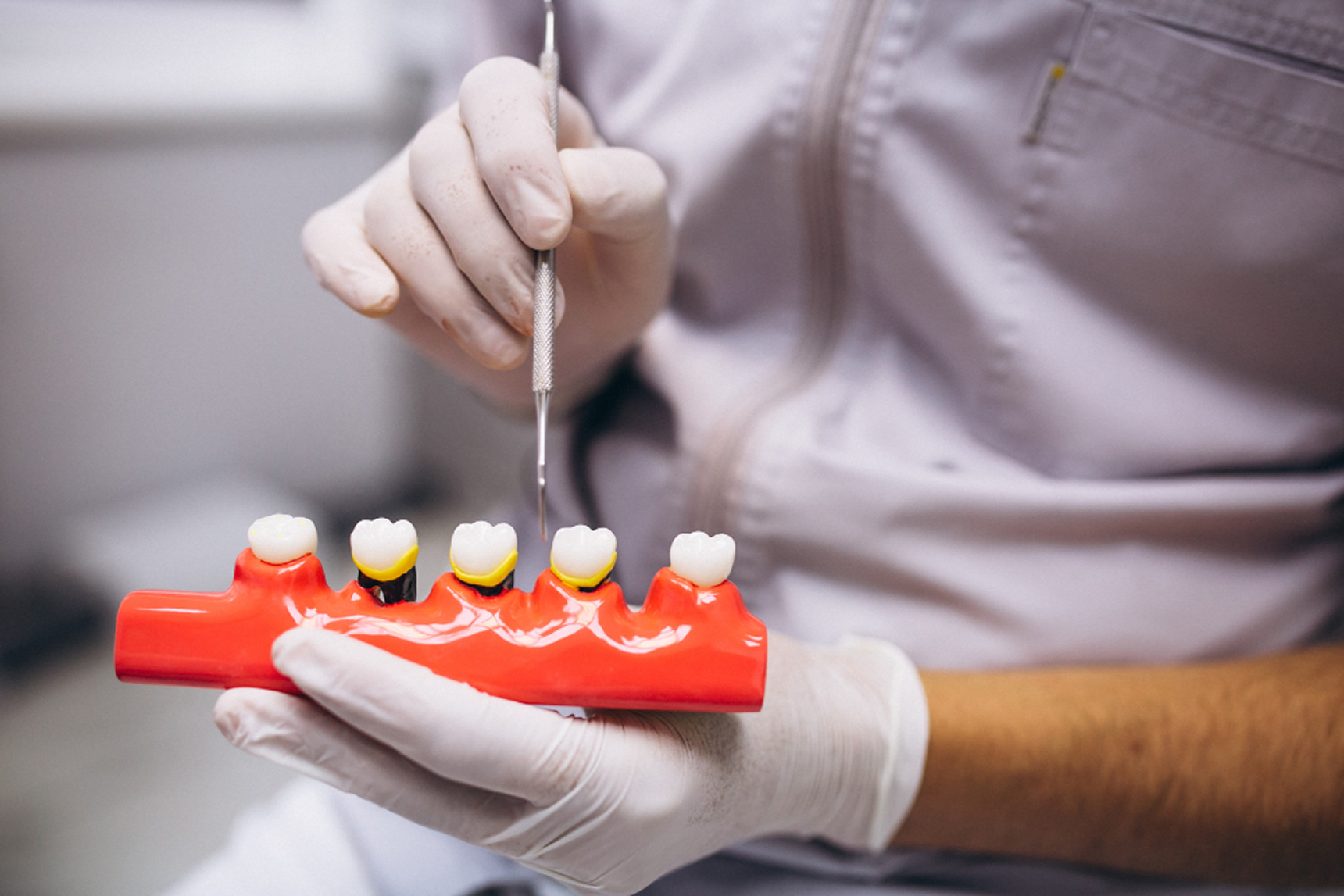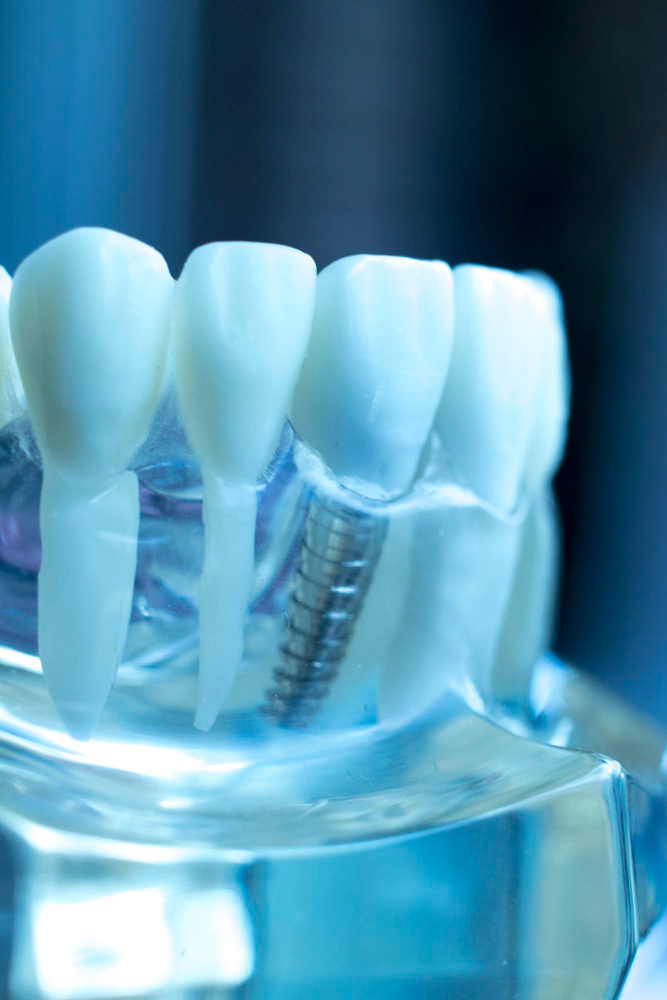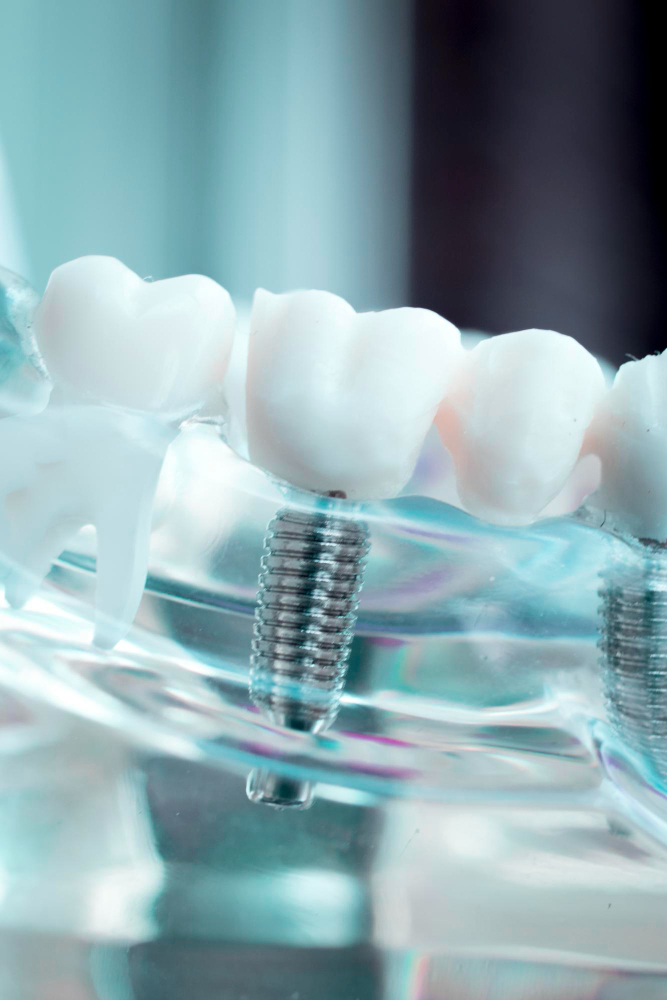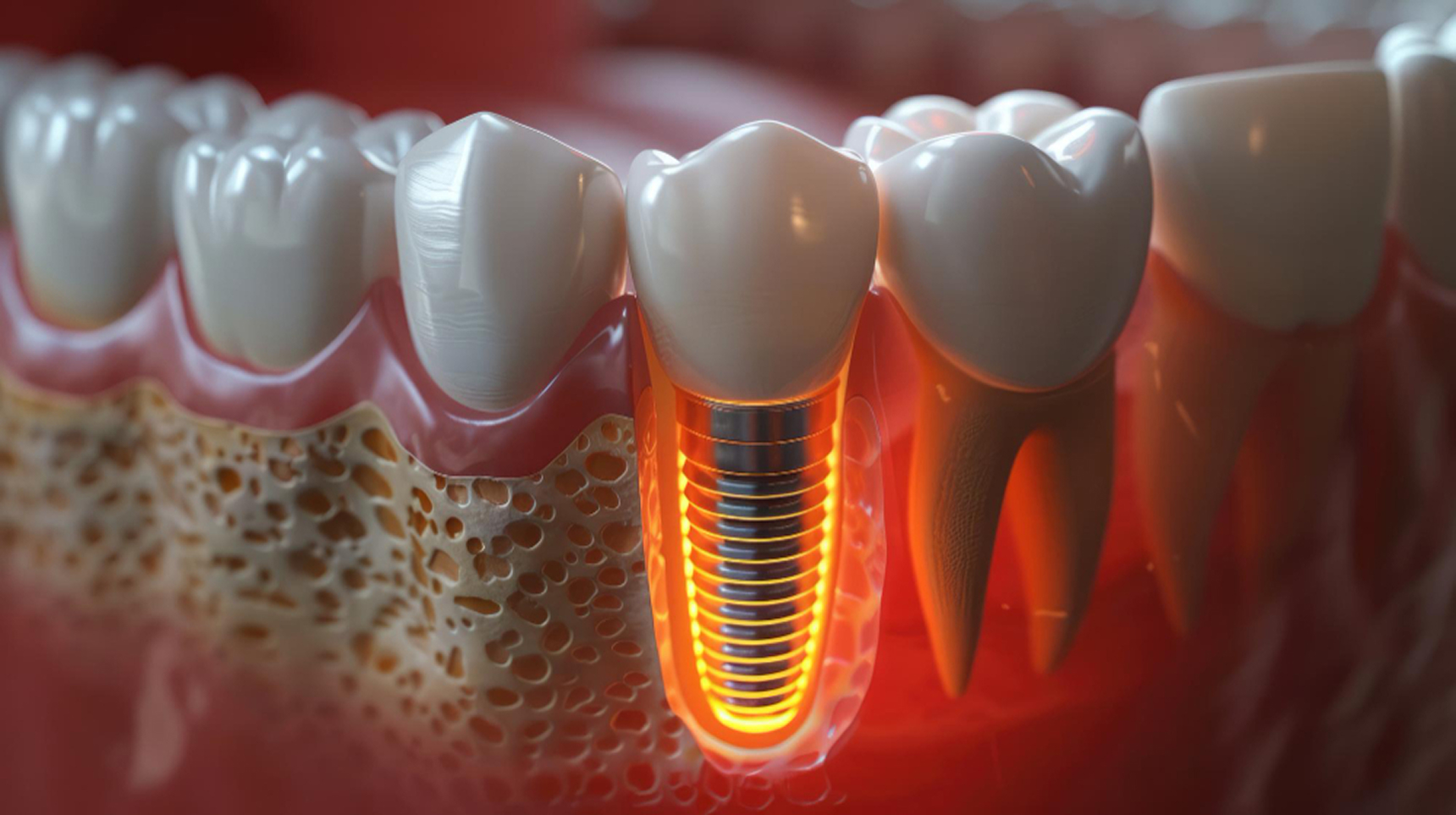

When one tooth is missing, a single implant provides a standalone, natural‑feeling replacement without affecting adjacent teeth. For multiple missing teeth, implant‑supported bridges or full‑arch solutions use several implants to support multiple crowns or even an entire upper or lower arch.
At City Clinic, our dental implant specialists assess bone quality, jaw health and patient goals, and design a personalised treatment plan. Using advanced imaging and precise surgical techniques, we place the implants and complete the restoration with crowns, bridges or fixed prostheses that look, feel and function like natural teeth.

1
2
3
Duration:
Number of Sessions:
Recovery / Downtime:
Pain Level:
Pre-Treatment:
Post-Treatment:
Short‑term: Improved chewing ability, restored missing tooth or teeth, and enhanced smile aesthetics.
Long‑term: Preservation of jawbone, stable and natural‑feeling teeth replacement, improved oral health and quality of life
• Insufficient bone volume or density (may require bone grafting first)
• Active untreated periodontal disease or infection
• Heavy smoking or uncontrolled systemic conditions that impair healing
• Poor oral hygiene habits or inability to commit to maintenance
• Number of implants and teeth to be restored
• Need for bone grafting or sinus lift prior to implant
• Implant brand, custom abutment and final restoration materials
• Additional sedation, surgical complexity or full‑arch prosthetic work





🎄✨Celebrate Christmas with your loved ones!🎁💖